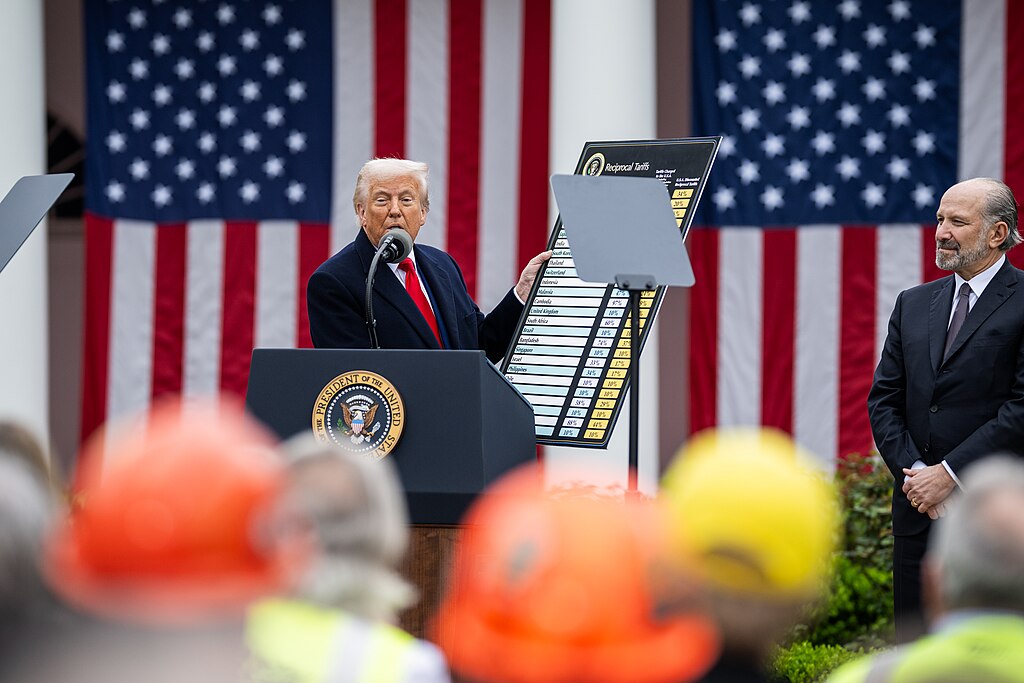Bill Hughes, the director of worldwide regulatory concerns at Consensys, took the permission as an admission that Ether is a commodity.
Industry professionals discussed the development during a session on X Spaces sponsored by Cointelegraph. This discussion took place after spot Ether exchange-traded funds (ETFs) were approved.
On May 23, the United States Securities and Exchange Commission (SEC) approved the 19b-4 files submitted by Ether ETF applicants VanEck, BlackRock, Fidelity, Grayscale, Franklin Templeton, ARK 21Shares, Invesco Galaxy, and Bitwise.
Following the adoption of the Ether exchange-traded fund (ETF), the managing editor of Cointelegraph, Gareth Jenkinson, convened an X space with Bloomberg analyst Eric Balchunas, Matthew Sigel, head of digital assets research at VanEck, Bill Hughes, director of global regulatory concerns at Consensys, and Yat Siu, co-founder of Animoca Brands.
What comes after the spot Ether ETF approval?
As soon as the spot Ethereum exchange-traded funds (ETFs) are approved, Balchunas anticipates a scenario comparable to that of Bitcoin BTC ETFs. According to the analyst, it was comparable to a "carbon copy horse race," in which the same issuers would offer their products on the same day.
Although spotting Bitcoin exchange-traded funds (ETFs) may have some similarities, Balchunas believes that the volume of the ETH ETFs may be lower.
“I would look for a lot of similarities, except I would divide everything you saw with Bitcoin by about 10. So, you’re going to have like maybe $1 billion or 2 in the first couple of weeks total. I just don’t see these as big.”
Even though the analyst does not believe that spot Ethereum exchange-traded funds (ETFs) would be as large as Bitcoin ETFs, Balchunas pointed out that traders might make intriguing swings. “You could see people short the ETF and buy ETH because you can stake it.”
During this time, Sigel, employed by one of the ETF issuers, stated they would go out into the world and present a "very strong investment case" for Ethereum. During the presentation, the executive from VanEck mentioned that they have been collaborating with their team to determine the optimal combination of Bitcoin and Ethereum and will launch their analysis shortly.
In addition, Sigel highlighted his conviction that many equity and technology investors are looking for assets with inherent value. According to the executive who made the statement, these investors are not familiar with Ethereum and its "vibrant, decentralized application (DApp) ecosystem."
The U.S. doesn’t want to play 'second fiddle'
Siu, who works with the government of Hong Kong to support Web3 development in the special administrative region, stated that the community can anticipate additional advancements as the United States begins to participate in the crypto and Web3 markets.
The Securities and Futures Commission (SFC) of Hong Kong approved the first spot exchange-traded funds (ETFs) for Bitcoin and ether on April 15. The CEO believes that other countries may also begin to consider creating their own cryptocurrency-based ETFs, given that spot Bitcoin and Ethereum ETFs have been approved in the United States and Hong Kong.
“Now that the U.S. has approved it, I think other countries around the world, whether it’s the U.K., Singapore, Japan, or the Middle East, like Dubai, they’re all going to be looking at, ‘well, we need to have our own version of this spot ETF,’” he explained.
As jurisdictions worldwide begin to invest in cryptocurrency exchange-traded funds (ETFs), Siu thinks that the United States would not want to fall behind. “I think the U.S. certainly doesn’t want to play second fiddle to anyone,” he said.
As a result, the CEO feels that because there is a "shifting tide in terms of sentiments" in the United States, there will be more fascinating developments.
Lawyer on Ether as a commodity
The Securities and Exchange Commission (SEC) did not explicitly indicate that Ethereum (ETH) is a commodity; nonetheless, Hughes argues that the spot ETF approvals implicitly concede this. On the other hand, the attorney for Consensys stated that the SEC ought to be open and honest about the ramifications of its drafting rules.
“These rule amendments, which is, from our vantage point, is troubling. We should be above board and transparent as to the implications that something like this has in more than just the rule makings themselves,” he explained.
In addition, the lawyer is still cautious about whether the Securities and Exchange Commission (SEC) would take a more lenient attitude on cryptocurrencies in the future, even though the approval of exchange-traded funds (ETFs) is being welcomed as a triumph for cryptocurrency.
Hughes, on the other hand, thinks that this new revelation may bring to light "tensions in the legal theories" that the SEC was "improvising" to support its enforcement activities.
Photo: Microsoft Bing


























Comment 0